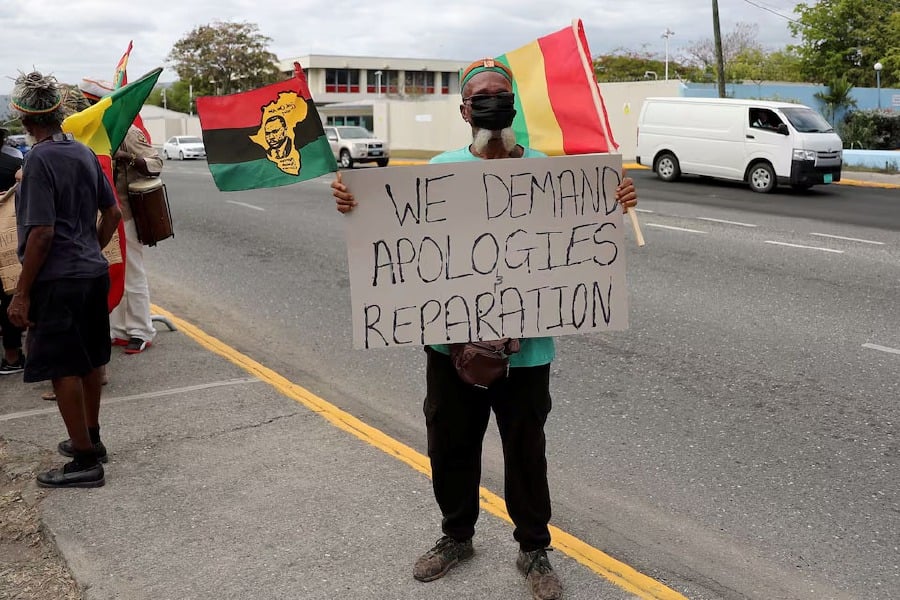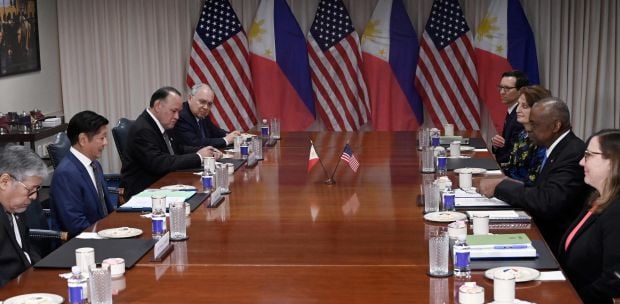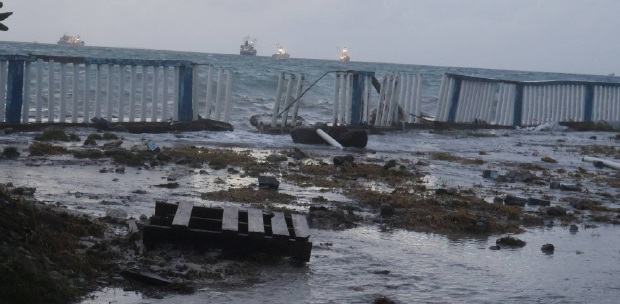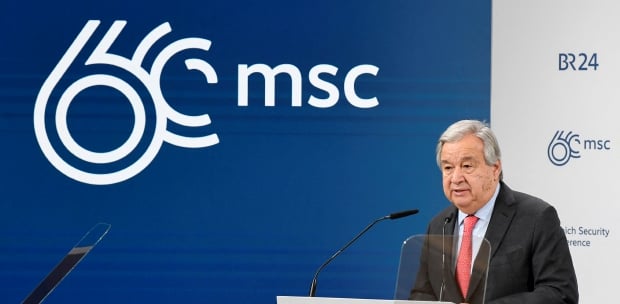SUPPORT is building among Africa and Carib-bean nations for the creation of an international tribunal on atrocities dating to the transatlantic trade of enslaved people, with the United States backing a United Nations panel at the heart of the effort.
A tribunal, modelled on other ad-hoc courts such as the Nuremberg trials of Nazi war criminals after World War 2, was proposed last year.
It has gained traction within a broader slavery reparations movement, Reuters reporting based on interviews with a dozen people reveals.
Formally recommended in June by the UN Permanent Forum on People of African Descent, the idea of a special tribunal has been explored further at African and Caribbean regional bodies, said Eric Phillips, a vice-chair of the slavery reparations commission for the Caribbean Community (Caricom), which groups 15 member states.
The scope of any tribunal has not been determined but the UN Forum recommended in a preliminary report that it should address reparations for enslavement, apartheid, genocide and colonialism.
Advocates, including within Caricom and the African Union (AU), which groups 55 nations, are working to build wider backing for the idea among UN members, Phillips said.
They recognise that establishing an international tribunal for slavery will not be easy.
There are "huge obstacles", said Martin Okumu-Masiga, secretary-general of the Africa Judges and Jurists Forum, which is providing reparations-related advice to the AU.
Hurdles include obtaining the cooperation of nations involved in the trade of enslaved people and the legal complexities of finding responsible parties and determining remedies.
"These things happened many years ago and historical records and evidence can be challenging to access and even verify," Okumo-Masiga said.
Unlike the Nuremberg trials, nobody directly involved in transatlantic slavery is alive.
Advocates for reparations say Western countries and institutions that continue to benefit from the wealth slavery generated should be held accountable, particularly given legacies of racial discrimination.
A tribunal would help establish an "official record of history", said Brian Kagoro, a Zimbabwean lawyer who has been advocating for reparations for more than two decades.
Racism, impoverishment and economic underdevelopment are linked to the longstanding consequences of transatlantic slavery from the United States to Europe and the African continent, according to UN studies.
"These legacies are alive and well," said Clive Lewis, a British Labour member of parliament and a descendant of people enslaved in the Caribbean nation of Grenada.
Black people "live in poorer and more polluted areas, they have worse diets, they have worse educational outcomes... because structural racism is embedded deep".
The proposal for a tribunal was discussed in November at a reparations summit in Ghana attended by African and Caribbean leaders, and ended with a commitment to explore judicial routes, including "litigation options".
Africa's most populous nation, Nigeria, is in favour of the push for a tribunal, Foreign Minister Yusuf Tuggar said, saying the country would support the idea "until it becomes a reality".
In Grenada, where hundreds of thousands were enslaved, Prime Minister Dickon Mitchell is "in full support", a spokesperson said.
Phillips said the work to establish a tribunal would have to take place through the United Nations system and include conversations with countries, including Portugal, Britain, France, Spain, Netherlands and Denmark, that were involved in trading enslaved people to the Caribbean and other regions.
Among the tribunal's most vocal advocates is Justin Hansford, a Howard University law professor backed by the US State Department to serve at the UN forum.
He said the idea will be discussed at the forum's third session, starting April 16, due to be attended by 50 or more nations.
He said the goal was to garner enough support by 2025. The United States, which has financed the UN forum, strongly supports the forum's work, a US State Department spokesperson said.
Regarding reparations, "the complexity of the issue, legal challenges, and differing perspectives among Caribbean nations present significant challenges", the spokesperson said.
The UN leadership has come out in support for reparations, which have been used in other circumstances to offset large moral and economic debts, such as to Japanese Americans interned by the United States during World War 2 and to families of Holocaust survivors.
"We call for reparatory justice frameworks, to help overcome generations of exclusion and discrimination," UN Secretary-General Antonio Guterres said on March 25.
The writer is from Reuters





